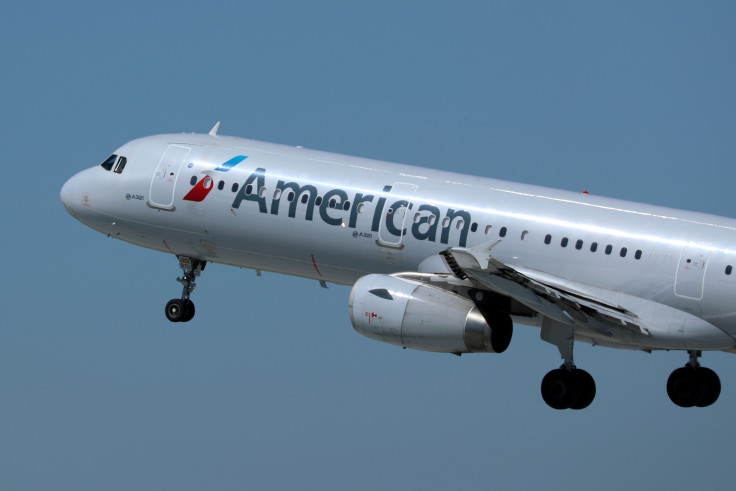American Airlines Suffers The Latest Airline IT Meltdown

Within the span of a month during the summer of 2016, two of the top four U.S. airlines suffered crippling IT failures. Delta Air Lines (NYSE:DAL) and Southwest Airlines (NYSE:LUV) were each forced to cancel thousands of flights during the peak season, leading to lost revenue and reputational damage.
This article originally appeared in the Motley Fool.
The summer 2018 peak season is just getting started, but there has already been a major airline IT failure. In the past week, flight cancellations have rapidly mounted at American Airlines' (NASDAQ:AAL) regional subsidiary PSA Airlines, due to problems with the carrier's crew scheduling system. With airlines increasingly highlighting reliability as a key selling point for business travelers, this is an unfortunate incident for American Airlines.
What's going on at American Airlines?
PSA Airlines is a regional airline that operates 50- to 76-seat jets for American Airlines, mainly from the carrier's massive hub in Charlotte. While many of the regional airlines that fly smaller planes for the legacy carriers are independently owned, PSA is a subsidiary of American.
Last Thursday, PSA Airlines experienced a hardware issue at its headquarters in Dayton, Ohio, that has impacted its crew scheduling and tracking system. This has made it impossible for PSA to properly match its pilots and flight attendants with its aircraft.
Not surprisingly, this led to a huge number of flight cancellations. PSA Airlines canceled 275 flights on Thursday and 400 flights on Friday. Most of those flights were headed into or out of the Charlotte hub. PSA tried to return to a normal schedule over the weekend, but it didn't take long for the IT issues to reappear. The carrier canceled about 50 flights on Saturday and hundreds on Sunday.
By Monday, the cumulative number of flight cancellations had surpassed 1,100. PSA also canceled all of its flights on Tuesday morning. And while American Airlines says that PSA Airlines has now stabilized its computer systems, it will take several days to resume a full schedule, due to crews and aircraft being out of position.
There should have been backup systems
The 2016 IT outages at Delta Air Lines and Southwest Airlines occurred when backup systems did not work as designed after the airlines' main systems went down. At the time, Southwest had already begun a multiyear $500 million IT upgrade effort to replace its ancient technology systems. Meanwhile, Delta responded to its system outage by investing in a new data center to provide more redundancy in the event of future problems.
By contrast, it appears that there may not have been a backup crew scheduling system in place at PSA Airlines. If that's true, it represents a lapse in judgment by American Airlines' management team, as the 2016 incidents made the need for robust backup systems very obvious.
Like its peers, American Airlines has been reinvesting huge sums of money in the business in recent years, after a long period of underinvestment. However, it's possible that technology spending wasn't as high on the priority list as it should have been.
How much will this damage American Airlines' reputation?
Luckily for American Airlines, PSA Airlines accounts for a very small proportion of its business. Among American's nine hub cities, only Charlotte has been hit hard by the recent IT glitch. That said, for many customers traveling through Charlotte, the past week has been an absolute nightmare.
Indeed, for some small "spoke" cities, PSA Airlines offers the only link to the American Airlines network. Thus, it has been hard for American to rebook customers whose original flights were canceled. This has added to travelers' frustration.
For the past couple of years, American Airlines has been trying to become a best-in-class airline in terms of operational reliability. In the long run, that's critical to maintaining the loyalty of high-paying business travelers. The recent spate of flight cancellations at PSA Airlines has undermined the carrier's credibility in this respect. To avoid customer backlash, American Airlines must show that it's taking proactive steps to shore up its IT systems.
Adam Levine-Weinberg owns shares of Delta Air Lines and Southwest Airlines. The Motley Fool recommends Southwest Airlines. The Motley Fool has a disclosure policy.




















